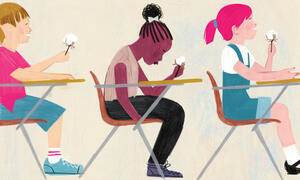Black History Month: Honoring the History of Black Civic Engagement
The official theme of Black History Month 2020 is “African Americans and the Vote.” Black changemakers and activists have been fighting for equal rights since before our nation began. This week, we’ll be sharing resources on the history of Black civic engagement and the continuing fight for full equality under the law.
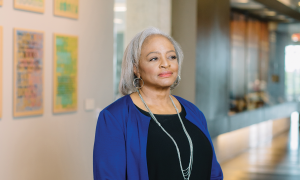
Carol Anderson on Voter Suppression: A Q&A with the Author of ‘One Person, No Vote’
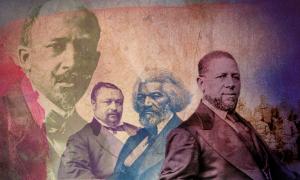
Be Your Own Historian
Black History Month: Celebrating African American Literature
This Black History Month, we’re encouraging educators to celebrate the history of Black achievement, joy and creativity. This week, to support that work, we’ll be sharing resources for exploring the rich tradition of African American literature with students in your classroom.
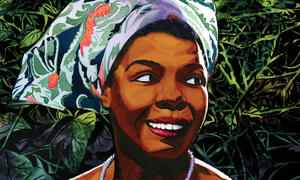
Celebrate Maya Angelou
An Angry Black Woman on the Subject of the Angry White Man
Black History Month: Celebrating the Diversity of Black Identity
Racial oppression plays a significant part in American history, and it’s critical our students learn about it. But this February, we're encouraging educators to reflect on their own practice and ensure that the Black history they’re teaching—this month and year-round—isn’t limited to narratives of trauma. To support that learning, this week we’ll be sharing some of our favorite resources for celebrating the diversity of Black history, identity and experience.

Latinx History Is Black History

Marley Dias
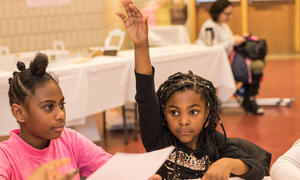
Love Your Magic Conference
Responding to Hate in Your School Community
This week, national media reported on a Michigan school community meeting when, during a discussion of racism in schools, one parent asked another, “Why didn’t you stay in Mexico?” We stand with those in Michigan demanding better, and we know students and families are faced with racism and other forms of hate in school communities across the nation. Here’s how educators can help create safer, more inclusive school climates and support students and families.
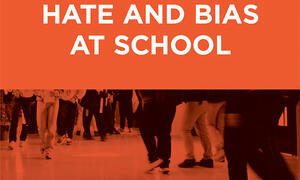
Responding to Hate and Bias at School
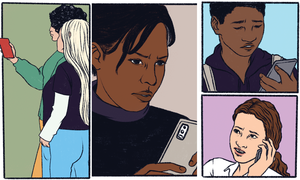
Responding to Hate and Bias in the West

Let's Talk!
Our Spring Magazine Is Here!
The latest issue of Teaching Tolerance is now available online, and copies should begin arriving by mail next week! We’re proud to share stories about families uniting to fight racism in schools, advocates working to ensure no student goes hungry, scholars analyzing the impact of school curricula and more.

Responding to Hate and Bias in the West
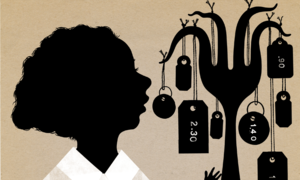
Why Lunch Shaming Persists
